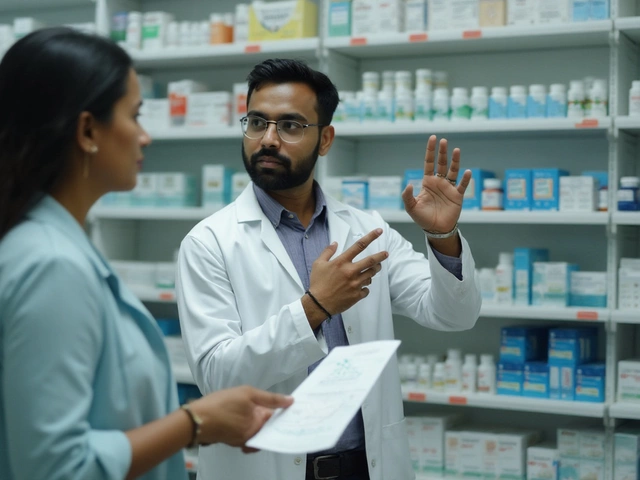In Vitro Fertilization: What You Need to Know
Thinking about IVF? You’re not alone. Many couples face questions about how it works, how much it costs, and what the chances of success really are. This guide pulls together the most common concerns and gives you straight‑forward answers, so you can feel confident about the next steps.
Choosing the Right IVF Clinic
The first big decision is picking a clinic. Look for places that are certified by the Indian Council of Medical Research (ICMR) and have a high pregnancy rate per cycle. Ask for recent success statistics—not just the overall numbers, but the outcomes for women in your age group. A clinic that offers a transparent cost breakdown will save you surprise fees later.
Don’t ignore the comfort factor. You’ll be spending many hours there, from hormone injections to lab visits, so a friendly staff and clear communication are worth a lot. Many clinics now provide virtual consultations, which can help you compare options without traveling.
Common Questions About IVF
How much does IVF cost in India? Prices vary, but a typical cycle ranges from ₹1.2 lakh to ₹2.5 lakh, depending on medication, lab tests, and whether you need additional procedures like ICSI (intracytoplasmic sperm injection). Some hospitals bundle services, while others charge each step separately, so ask for a detailed quote.
What are the success rates? Success depends on age, embryo quality, and the clinic’s expertise. For women under 35, the live‑birth rate per fresh cycle is around 45‑55 %. The rate drops to about 30 % for ages 38‑40 and below 15 % after 42. Using frozen‑embryo transfers can slightly improve outcomes because the lab has more time to select the best embryos.
Will an IVF baby have my DNA? Yes. In a standard IVF cycle, the baby’s DNA comes from your egg and your partner’s sperm, just like a natural pregnancy. Only when donor eggs or sperm are used does the genetic contribution change. The process itself doesn’t alter DNA.
How many cycles should I plan for? Most doctors recommend trying up to three cycles before reassessing. If you’re older or have specific medical conditions, they might suggest earlier testing to see if additional steps—like pre‑implantation genetic testing—are needed.
Is IVF safe? Modern IVF is very safe, but it does carry risks such as ovarian hyperstimulation syndrome (OHSS) from hormone injections and a slightly higher chance of multiple pregnancies if more than one embryo is transferred. Your doctor will tailor medication doses to keep risks low.
Beyond the medical side, think about emotional support. IVF can be stressful, so consider counseling or joining a support group. Sharing experiences with others who’ve been through the process often helps you stay positive.
Bottom line: IVF is a powerful tool, but it works best when you choose a reputable clinic, understand the costs, and have a realistic view of success odds. Keep these points in mind, ask your doctor any lingering questions, and you’ll be better prepared for the journey ahead.





